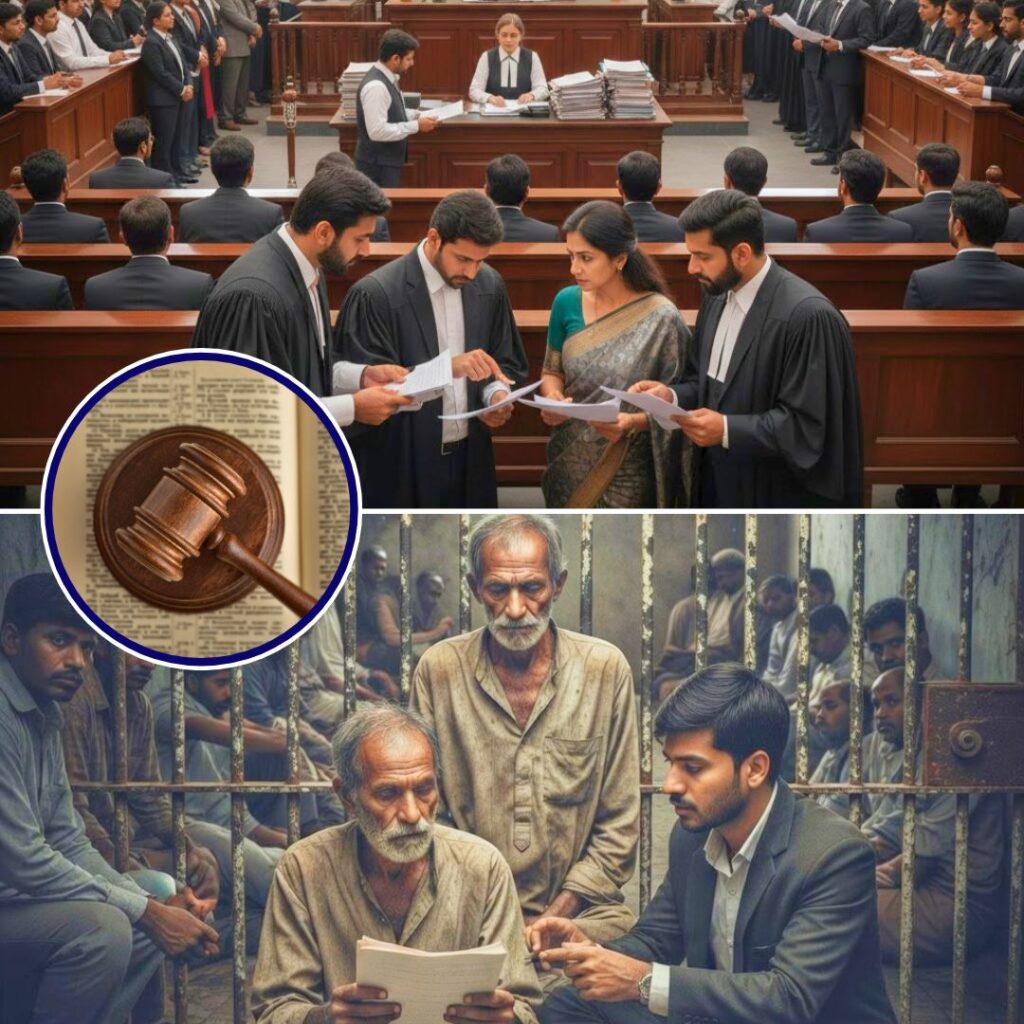The Uttar Pradesh government has officially clarified that Aadhaar cards will no longer be accepted as valid proof of birth or date of birth.
This directive, issued by Special Secretary Amit Singh Bansal of the Planning Department, highlighted that the Aadhaar database lacks certified birth record verification, making it unsuitable for establishing birth details.
The move follows a similar stance in Maharashtra, where birth certificates issued solely based on Aadhaar are being cancelled under recent legislative amendments. This change affects government processes reliant on birth verification, including school admissions, welfare schemes, and legal documentation.
Aadhaar Card No More Birth Proof
The decision to exclude Aadhaar as a birth certificate stems from recognition of its limitations as an identity document rather than an official birth record. While Aadhaar contains demographic data, it does not undergo the rigorous certification process required to verify birth dates officially.
Maharashtra’s application of the Births and Deaths Registration (Amendment) Act, 2023, enforces cancellations of delayed birth certificates generated through Aadhaar, aiming to curb misuse and ensure more reliable documentation across states.
Implementation and Official Instructions
The UP Planning Department instructed all government departments to cease acceptance of Aadhaar for birth proofs. Officials have been directed to enforce stringent verification protocols, demanding municipal birth certificates, school leaving certificates, or hospital records as valid proofs.
The Maharashtra Revenue Department released detailed 16-point verification guidelines, including review and withdrawal of orders issued under amended laws, with disciplinary actions against officials breaching norms. These measures prioritise accuracy and prevent fraudulent documentation in government records.
Uttar Pradesh Directive
The Uttar Pradesh government has issued a directive explicitly stating that Aadhaar cards will no longer be accepted as valid proof of birth or date of birth.
This decision, issued by the state’s Planning Department through Special Secretary Amit Singh Bansal, clarifies that Aadhaar lacks any certified birth record and therefore cannot serve as an official birth certificate.
All state departments have been instructed to reject Aadhaar for birth-related documentation immediately. The move aims to prevent misuse of Aadhaar details for obtaining fake birth certificates and ensures reliance on authentic, certified documents such as municipal birth certificates or hospital records.
Maharashtra’s Strict Verification
Maharashtra has similarly withdrawn acceptance of Aadhaar as a document for issuing delayed birth certificates. Following the Births and Deaths Registration (Amendment) Act, 2023, the state’s Revenue Department announced that all birth certificates issued solely on the basis of Aadhaar after the amendment will be cancelled.
The government has implemented a stringent 16-point verification guideline for officials, mandating review and withdrawal of any wrongful certificates and enforcing disciplinary actions for errant officers.
This enforcement seeks to uphold the integrity of birth registrations and curb fraudulent documentation practices across Maharashtra.
Why is It Happening?
Uttar Pradesh’s Planning Department, led by Special Secretary Amit Singh Bansal, clarified that Aadhaar lacks any certified or attached birth record, making it unreliable for verifying date of birth officially.
The directive targets misuse in government processes like appointments, promotions, and welfare schemes, where fraudulent birth details could lead to irregularities. By mandating authentic documents such as municipal certificates or hospital records, UP aims to uphold verification integrity across all departments.
The Logical Indian’s Perspective
Safeguarding the integrity of identity and birth records is crucial for transparent governance and social equity. The Logical Indian supports these policy reforms while emphasising the need for outreach and awareness to assist vulnerable citizens lacking recognized documents. Equitable access to valid proof mechanisms and clear public information are vital to preventing exclusion.













